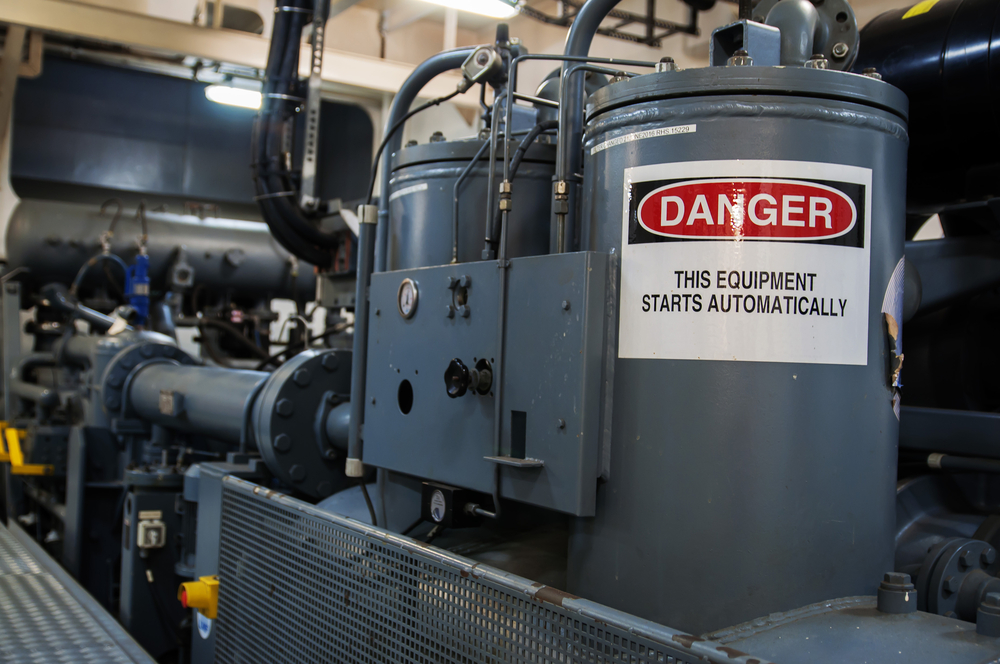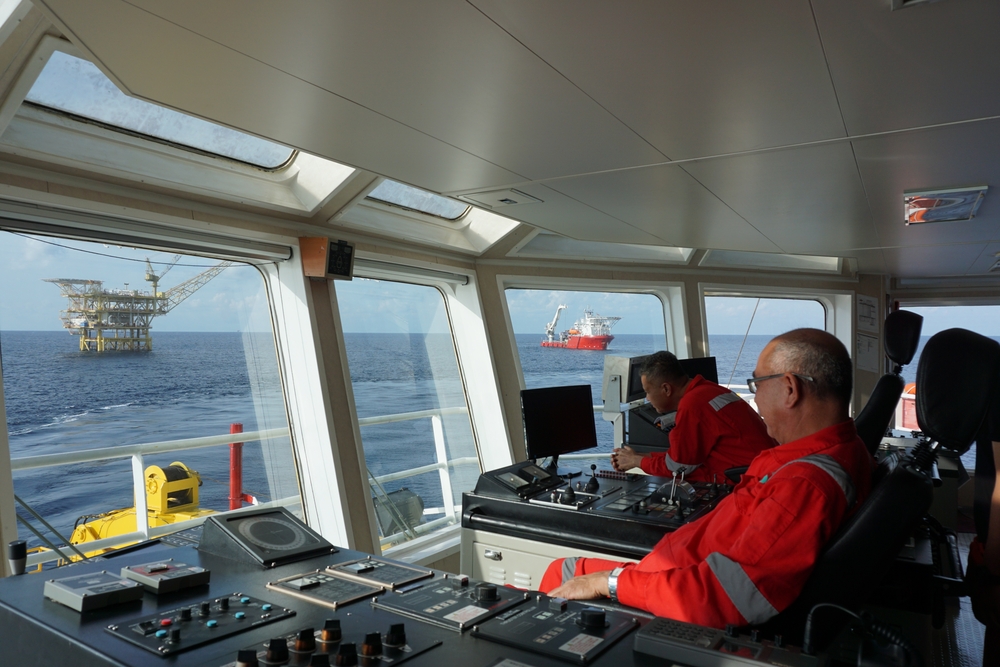In a detailed report, Clyde&Co examines the impact of smart and autonomous shipping, warning it may not all be ‘plain sailing’.
When considering the adoption of new technologies, management needs to keep crew at the forefront of their minds. These are the findings of a recent report authored by Heidi Watson, Partner at global law firm Clyde&Co, in partnership with the Institute of Marine Engineering, Science & Technology (IMarEST).
The report looked to understand how the 20,000 marine professionals working around the world are responding to the emerging technologies which are reshaping the maritime industry. Four categories were designed to examine the issue; unmanned ships, smart shipping, energy management and green technology. The ‘strong majority’ of survey recipients commonly shared the perspective that with the emergence and of technologies, decision-makers need to keep crew at the forefront of their plans.
Shipping has experienced big changes over the past 20 years. Ship sizes have increased and crew numbers have decreased. New technologies on the bridge and innovation in the engine room mean that the skills required onboard have changed significantly. However, according to Clyde&Co, more ‘radical changes’ are afoot. If emerging technologies, such as unmanned ships, do become a reality, then we are likely to see the industry shake off the last of its traditional vestiges.
Opportunity and risk
Smart and autonomous vessels potentially offer reduced health and safety risks, reduced risk of human error and cost saving in personnel. But the report looks at the timescale the adoption of such technology could be achieved in, as well as the safety threats inherent in automation and asks whether the crew cost figures are realistic.
The report also highlights that while autonomous ships, by virtue of being crewless, could eliminate traditional piracy, as there would be no human hostages to take as leverage for ransom payments. On the other hand, new more technological vessels could create greater digital piracy where hackers could take control of ships remotely.
Plugging the gaps
The report’s author notes that digital technologies have the potential to optimise the operational efficiency of a vessel by ‘plugging’ knowledge gaps. However, the author asserts the importance of an organisational mindset change as key to achieving this.
Training crew to understand how to work alongside data is identified as the primary challenge; equipping seafarers with the skills necessary to feel competent using new technologies to complement crew experience. The report further acknowledges the importance of recruiting IT specialists to train staff in addition to running new technology and ultimately being available when things go wrong.

A ‘fundamental shift’ in responsibility
There was a feeling amongst those surveyed that smart shipping will not reduce crew sizes. Instead, there will be a shift in control from the experienced seafarer to the onshore software engineer. The report raised concerns over how this ‘fundamental shift’ will impact the existing workforce, the strategy behind how to fill future roles, as well as how to manage the difficult safety issues which will arise as a result of this change.
The report highlights the viewpoint that technology can’t replace the ‘instinctive knowledge’ of an experienced master but counters this contention by arguing that research focused on other sectors has shown computerised data-based decision making is more effective than human decision making.
Any such system will, in any case, need to satisfy maritime regulators and the frameworks required to regulate smart or autonomous ships properly is a long way from reality and to this end, so too is any radical changes to crew arrangements.
Alteration not elimination
The report finds that while many felt that there will still be a demand for traditional seafarer jobs in smart shipping, there was an ‘inescapable feeling’ of crew reductions and job losses when autonomous ships arrive. There is a warning for ship owners that they should be prepared, ensuring they understand their legal obligations and liaising with crew or the unions that represent them if necessary.
While appearing inevitable, the report argues that it is more likely, at least in the early stages, that automation will lead to ‘alteration rather than elimination’ of jobs. With re-training leading to new jobs onshore replacing those lost offshore. Noting that in the longer term a greater number of onshore roles will make the maritime industry a more attractive place to work, specifically highlighting the appeal to women, a group currently under-represented in the industry.
Navigating technological change
The report concludes by asserting the importance of new technology to the industry while acknowledging the uncertainty around regulatory and legal changes to implement this. Changes to the workforce will present challenges and opportunities for ship-owners, but an early review of the future needs now will help ‘navigate the technological changes’ of the near future.
Click here to download a full copy of the report.
